Among Turkey’s alluring tourist offerings, a strong dash of Christian history
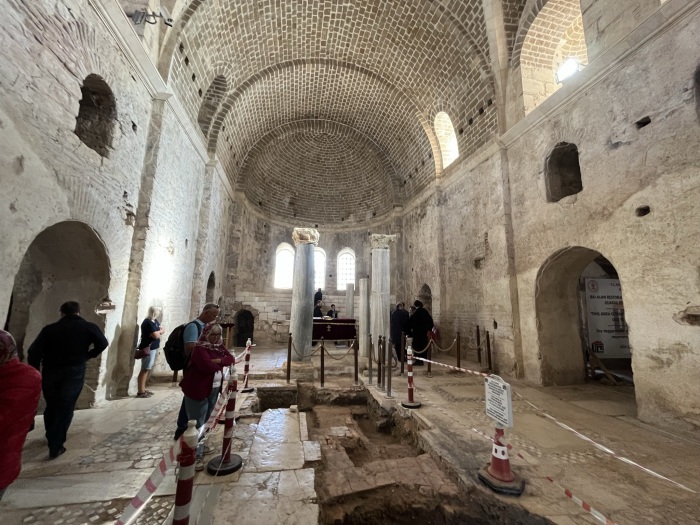
ANTALYA, Turkey — Teşekkür ederim pronounced Teh-sheh-kull-erh Ed-erh-im, is one way to say “thank you” in Turkey. Should you decide to take a trip here, you might find yourself saying Teşekkür ederim repeatedly in this stunningly beautiful transcontinental country straddling Western Asia and Southeast Europe for just their delicious cuisine and alluring culture alone.
American author Fanny Fern is credited with coining the phrase "The way to a man's heart is through his stomach" and the rich and healthy Mediterranean cuisine of Turkey, officially known as the Republic of Türkiye, seems designed to strike at the heart of every palate.
Whether it’s a well-prepared gourmet meal by the sea, chai or coffee brewed at a humble street side café, a popular pancake called Gözleme or a sweet pastry called known as a Künefe, Turkish food is never boring.
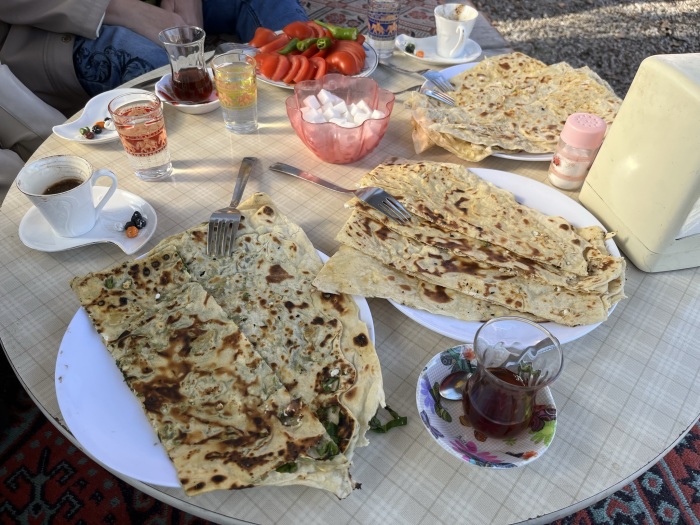
And while Turkey’s popularity for other offerings like hair transplant tourism has been growing among Americans in recent years along with political headlines, a recent visit to the country with an estimated population of almost 86 million, shows there is much more to see and experience here like their food, such as a growing investment in unearthing Christian history.
It’s “an absolutely stunning place,” British expatriate Nikki Bullock told The Christian Post inside the historic St. Nicholas Church in Demre last December where the saint’s desecrated sarcophagus is protected by plexiglass.
Turkey, is prominently featured in the Bible, particularly in the book of Acts, where it is called Asia Minor and credited as the place that allowed the flourishing of early Christianity. It is the birthplace of the Apostle Paul, who was born in Tarsus. He is considered by many experts to be the second most important Christian figure after Jesus because about half of the 27 books in the New Testament can be attributed to him.
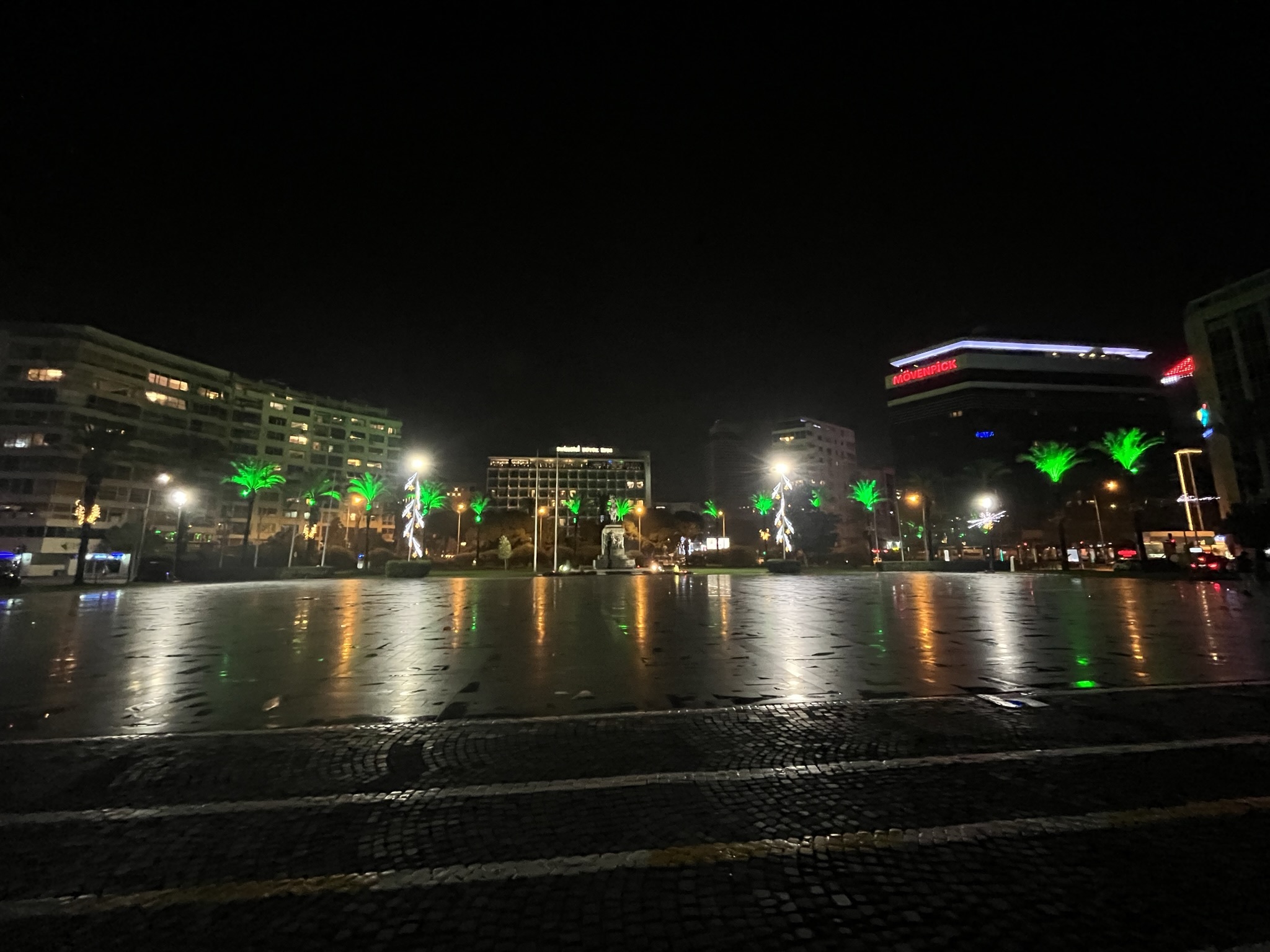
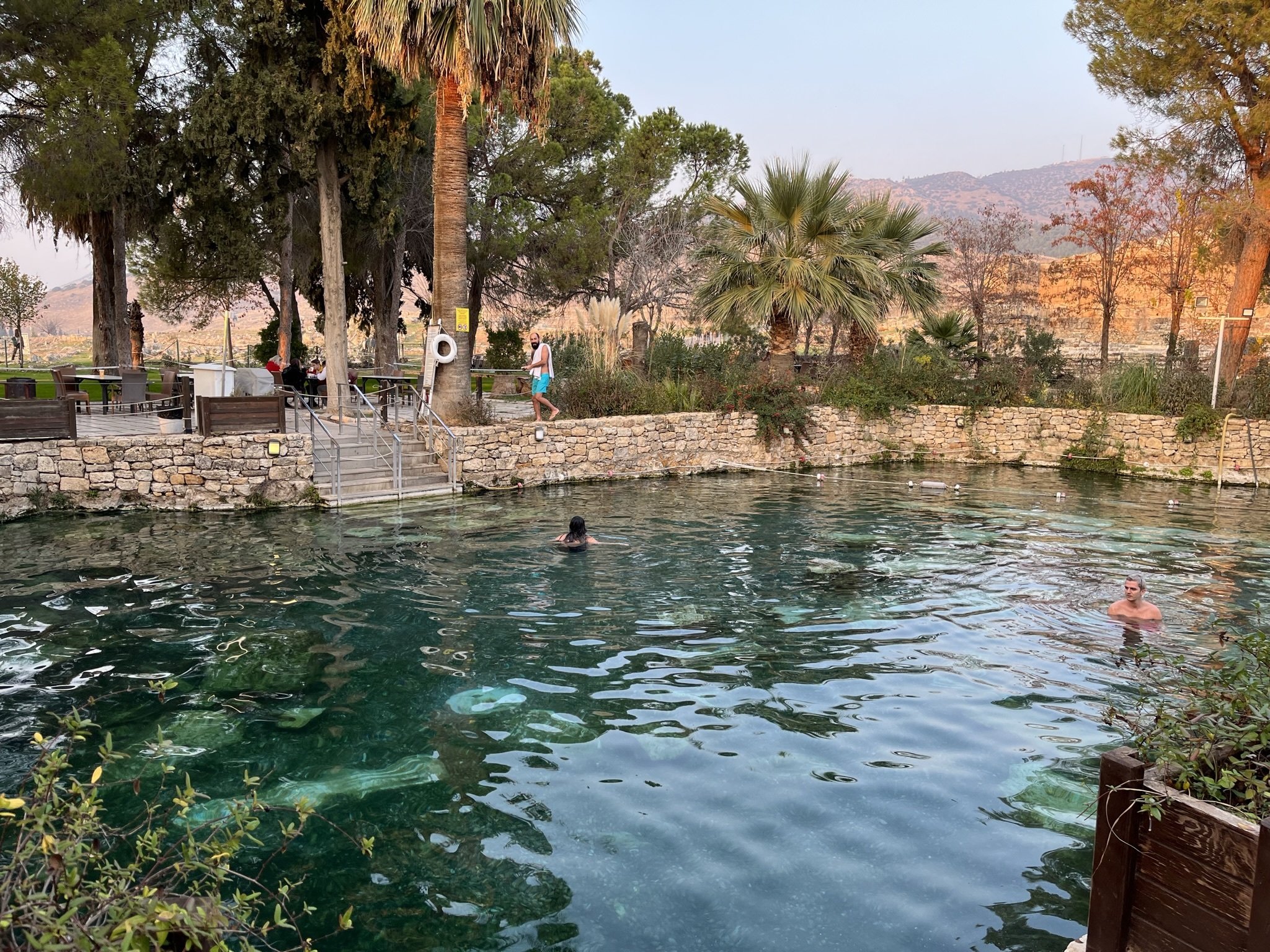
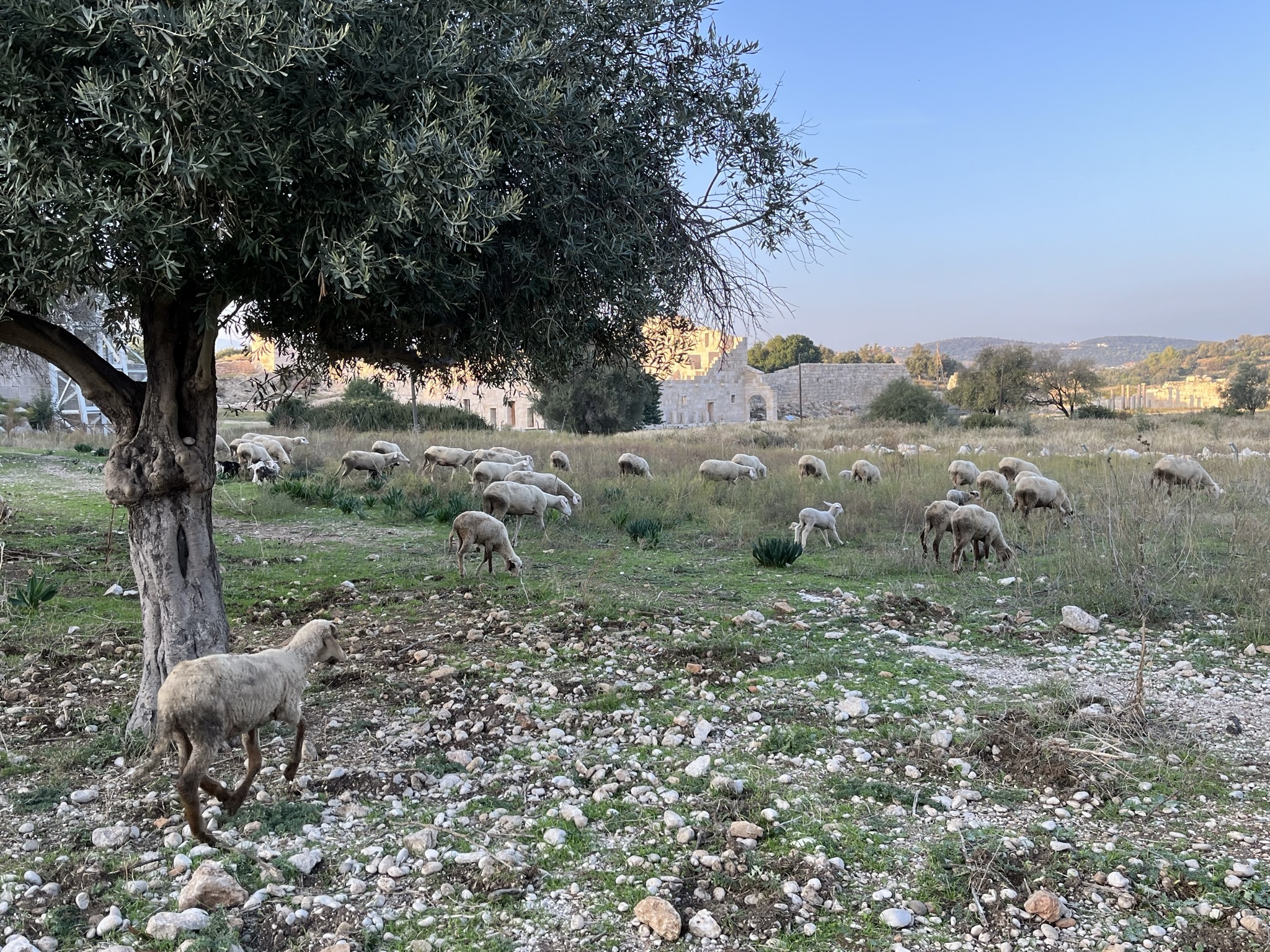
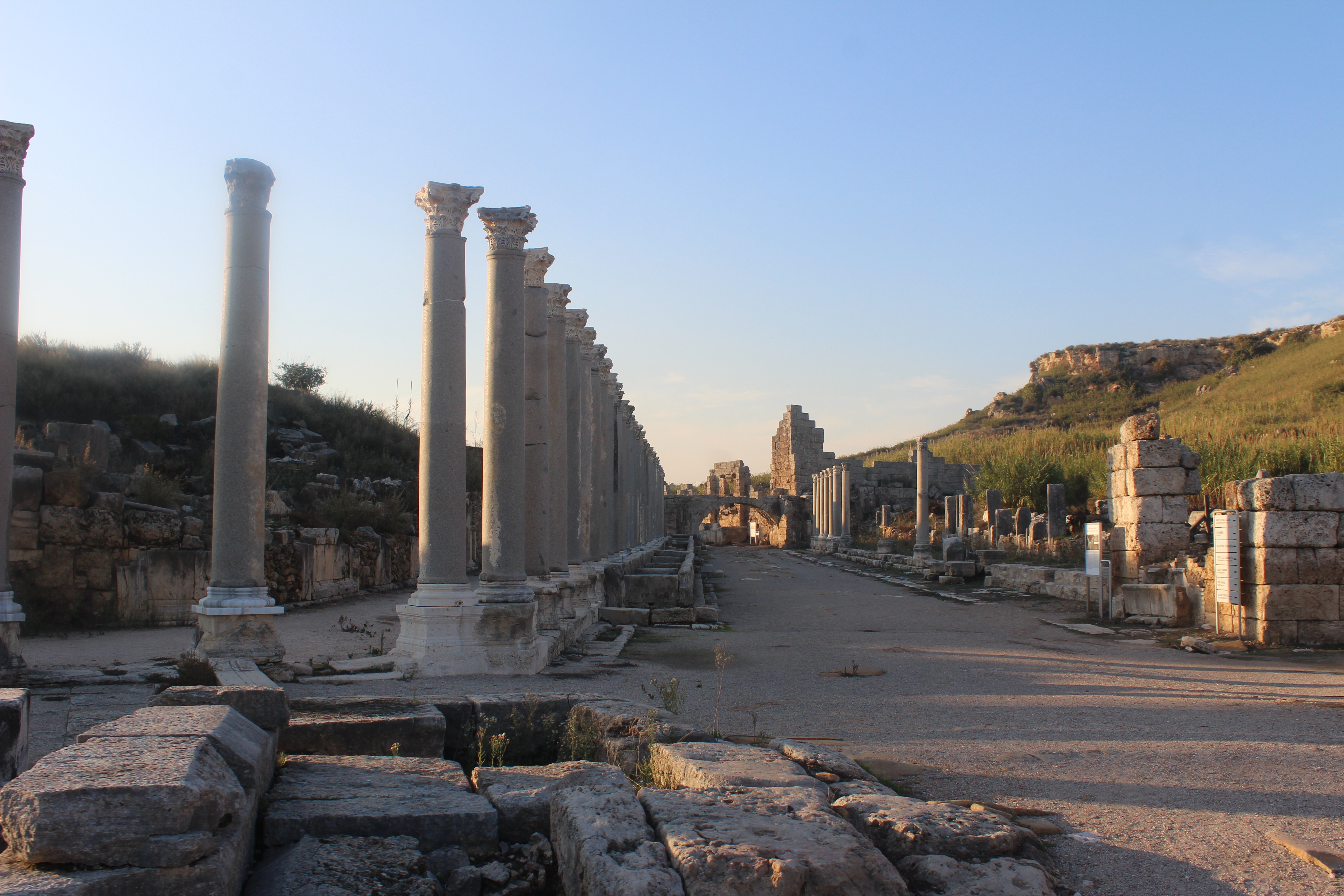
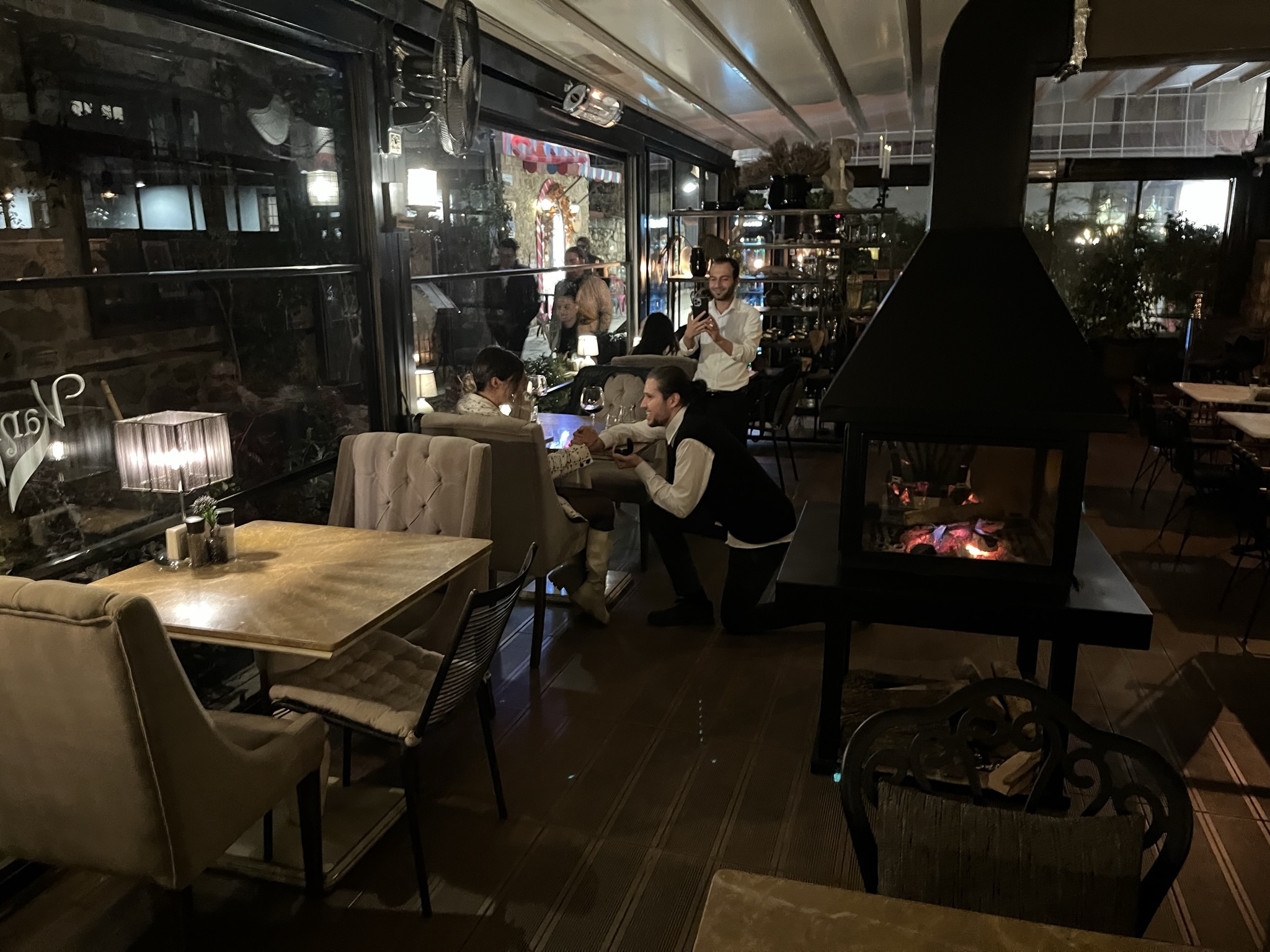
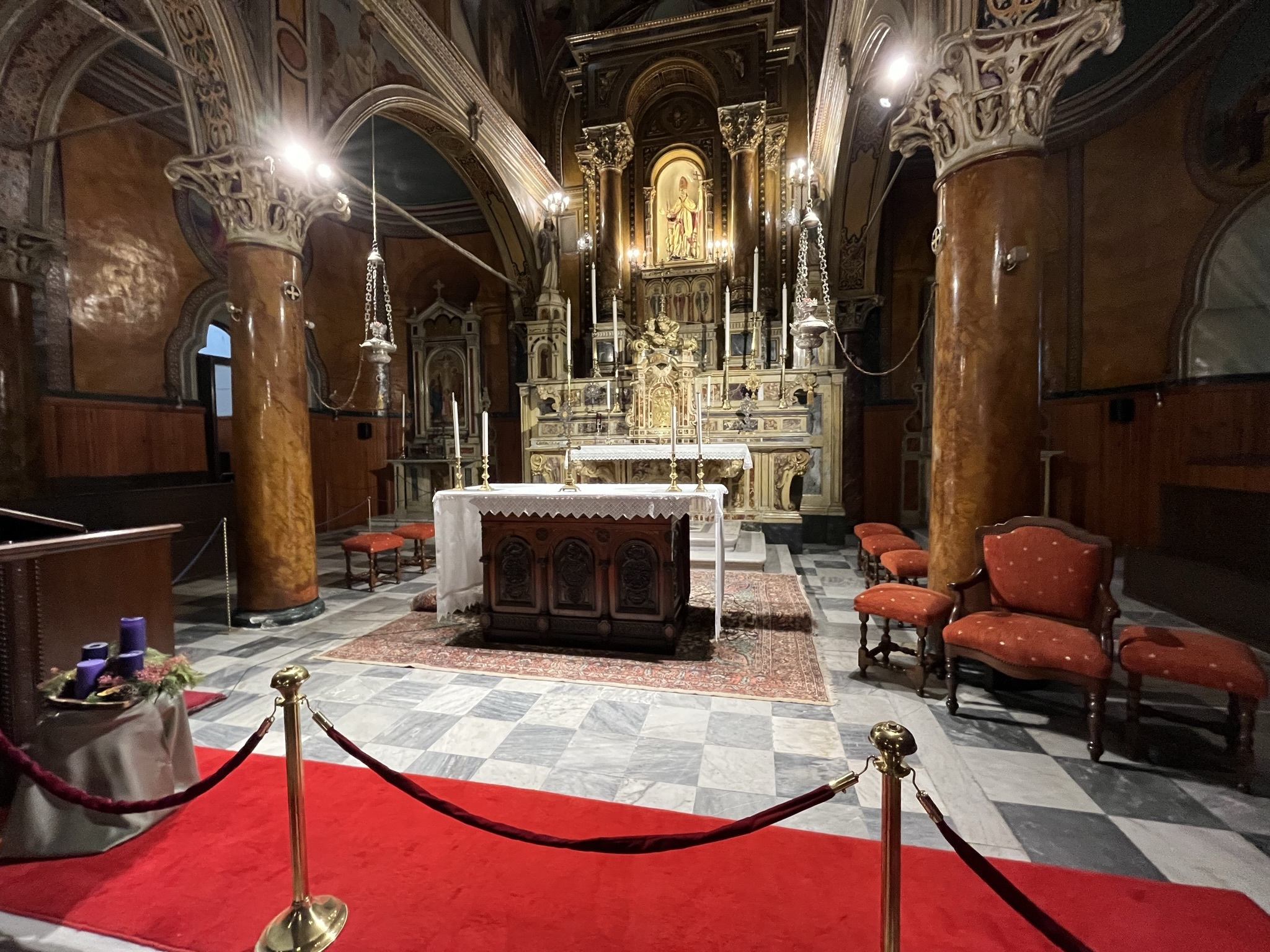
Thanks to Turkey’s Ministry of Culture and Tourism, CP traveled with representatives from GoTürkiye, the country’s official travel guide, and got a firsthand look at Christian history and Turkish culture in the old world and the experience made a compelling case for Turkey being added to a must-see place to visit for Christians.
For six days beginning Dec. 1, a journey on Turkey’s Seven Churches of Revelation tour highlighted remnants of the seven churches of Asia written about by St. John, the “disciple whom Jesus loved,” in the book of Revelation. These churches, which received letters from Jesus, are well-known among Christians to be located in the ancient cities of Ephesus, Smyrna, Pergamum, Thyatira, Sardis, Philadelphia and Laodicea.
Remnants of churches in these iconic cities, along with other important Christian sites like the tomb and church of St. Philip located on the site of the ancient Hierapolis, a UNESCO World Heritage Site, in Denizli; the Basilica of St. John, in Selçuk; or the remains of the ancient city of Patara located near the modern small town of Gelemiş, in Antalya Province, have all been expertly curated amid both modern and fast developing Turkish cities and towns that are easily accessible via public transportation or private cars on well-kept highways.
The remains of the city of Ephesus now sit about 1.8 miles away from present-day Selçuk district. The church there had forsaken its first love. The church of Smyrna, now located in modern-day Izmir, suffered persecution. The remains of Pergamum are now located in a town called Bergama. The church in that city needed to repent. The church in Thyatira, which had a false prophetess, can now be found in the city of Akhisar. The ruins of Sardis, the church that had fallen asleep, are located in Salihli, Manisa. Remains of the church in Philadelphia, which had endured patiently, are located in Alaşehir, Manisa, while remnants from Laodicea, the church with lukewarm faith, are still being excavated in Denizli.
With the help of tour guide Servet Ugur and tourism official Asli Sener, journalists toured ruins of churches in the ancient cities unearthed by archaeologists over several decades and each site had its own story to tell.
In Ephesus, for example, where early Christians faced significant persecution, the narrative of how they survived in a city where the dominant religion was the worship of the goddess Artemis, also known as Diana, was more palpable as we toured the remains of her temple.
Comparing the humble remains of a small church next to a pagan temple in wealthy Sardis, which also featured a Jewish temple, to grand church buildings with beautiful mosaics in Laodicea, showed how much the culture of each city impacted the expression of faith in each location.
Much of the experience of touring these ancient sites for Christians will simply come from just being present on the ground and understanding how far their faith has traveled and the trials many suffered to keep it.
It’s also a very surreal experience to explore this history as the Adhan, the Islamic call to public prayer, fills the air several times throughout the day.
Even though she is an atheist, Bullock, who has been living on her boat in Turkey for the last four years, told CP last December as she visited the St. Nicholas Church in Demre that she was pleasantly surprised to see members of the Greek Orthodox Church being allowed to publicly celebrate the saint in a country where 99% of the population is Muslim.
“It’s very rare in Turkey that you get somewhere where they allow the Christian faith,” Bullock said of Turkey. “They (the general public) don’t know about this church. … If they knew, and it was advertised, a lot more people would have showed up.”
Contact: leonardo.blair@christianpost.com Follow Leonardo Blair on Twitter: @leoblair Follow Leonardo Blair on Facebook: LeoBlairChristianPost





























